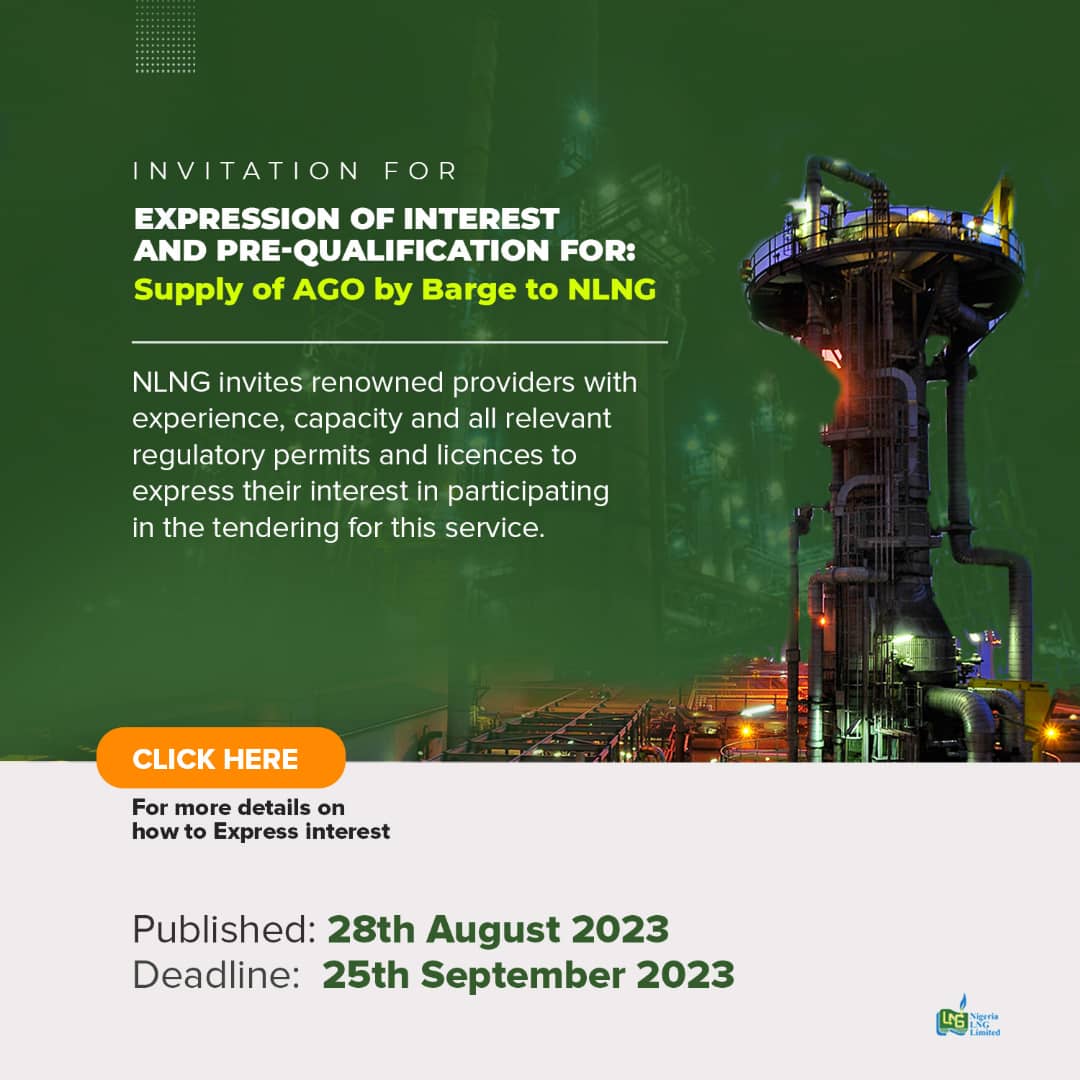The Manufacturing sector has been contending with inadequate credit supply and high cost of borrowing for so long. This has grossly affected investment and utilization of available capacity in the sector. We commend the Government for always making efforts at solving the credit challenge of the sector through the various CBN funding windows. But we are aware that till date only about 20% of the funds has been accessed, which calls for deliberate effort to make the funds accessible to manufacturers, especially at this period of global economic difficulty.
The Out-going President of the Manufacturers Association of Nigeria, MAN, Mansur Ahmed, stated the above at the Second Adeola Odutola Lecture in commemoration of the 50th Annual General Meeting of the Association on Tuesday in Lagos.
“Over the years, the performance of the manufacturing sector has been constrained by familiar challenges that are clearly espoused in our numerous submissions to the Government. It is however expedient that I leverage this landmark event to apprise Government with the following top challenges of the manufacturing sector listed to include:
The increasing incidence of new tax heads payable by manufacturing concern has become a major threat to the survival of manufacturing companies in diverse ways and essentially responsible for the prevailing increase in the cost of doing business; reduction in investment inflow and additional pain points on manufacturers. The expectation of manufacturers is that Government, going forward, would properly structure the tax system to be more progressive by widening the tax net, harmonizing business taxes/levies and putting in place a comprehensive and integrated framework that will facilitate the intentional movement of operators in the informal sector to the formal sector.
“Extremely challenging for the manufacturing sector in recent years is the issue of inadequate access to forex for importation of critical inputs that are not available locally. We are however hopeful that following the stable high crude oil price in recent time, Government would intentionally intervene and ensure that more forex is made available to manufacturers”, he said.

Ahmed
“Equally challenging is the issue of inadequate supply and high cost of electricity, which is due largely to limited investment in electricity value chain. We want Government to upscale efforts at improving power generation capacity, to take advantage of the abundant gas resources in the country by promoting more gas fired electricity plants, allow manufacturers to access gas at the prevailing export price and classify manufacturing concerns as strategic user of gas to reduce the current high cost of energy and improve the competitiveness of the sector”, he added.
“On behalf of the Association, I commend your efforts in the area of road and rail construction projects, the timely passage of the budget, the effective management of the spread of COVID-19, the exemplary leadership in judicious utilization of national resources and the crafting of robust Economic Growth, Development and Sustainability Plans, that cumulatively steered the course of the economy to the path of recovery during turbulent periods of recession”, stressed the President.
He stated that the Second Adeola Odutola Lecture in Commemoration of the 50th Annual General Meeting, AGM, the theme of the AGM “An Agenda for Nigeria’s Industrialization in the next decade” is necessitated by the need to take stock of our journey into industrialization so far to ascertain the pains and pain-points, highlight performance limiters, recognize the gains and milestones, and to identify learning curves and hurdles for the journey ahead.
“Clearly, all of these will enable the Association to craft a robust agenda for resetting industrialization, albeit manufacturing in Nigeria for the next ten years. We believe that this time horizon is congenial to sustainable industrial development of the country, resonates with the Government extant National Development Plan (2021-2025) and of course easier to monitor. As we ponder on the theme and expect an experiential delivery, I implore you all to make a list of our individual recommendations on this subject and of course share dispassionately during discussions after the presentation of the paper”, stated the President.





















